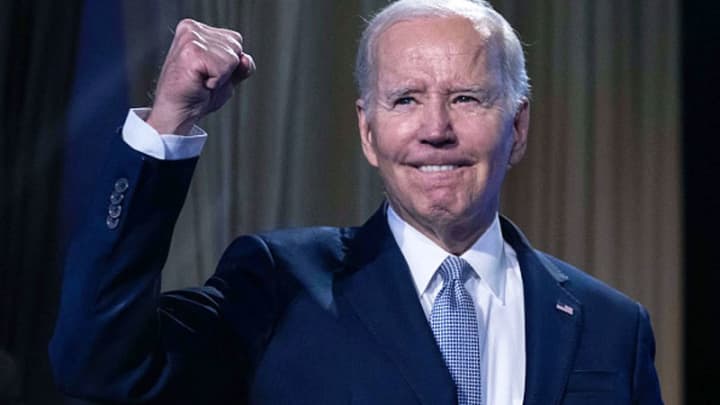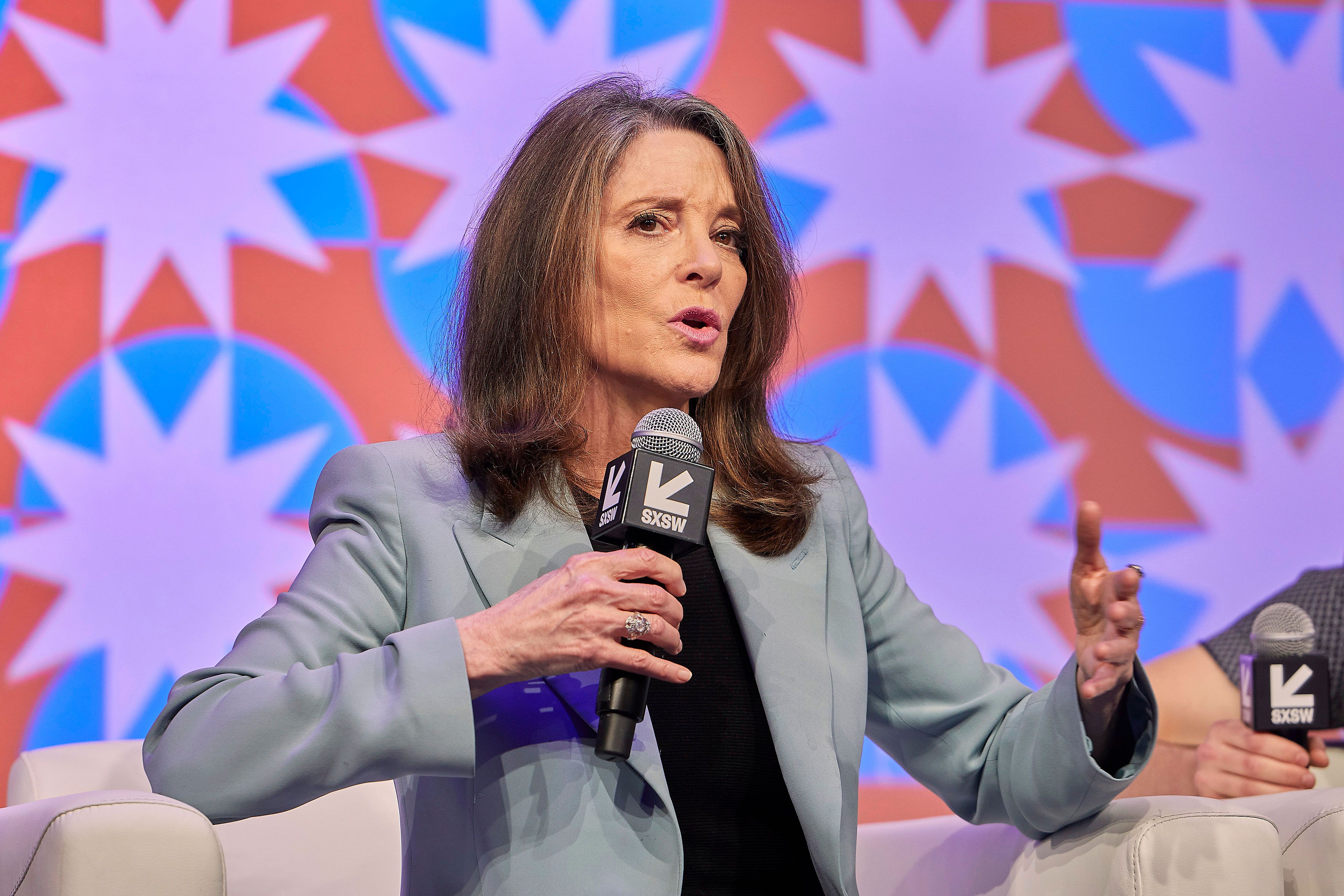
Coupled with leaks from inside his campaign, President Joe Biden’s announcement video indicates the general tenor and strategy of his upcoming reelection bid.
Biden’s messaging is especially notable for what it’s missing.
Absent from the voiceovers and images is a reference to the COVID-19 crisis. Biden was arguably elected in the first place in large part, if not primarily, in reaction to Donald Trump’s inexplicable attacks on science and common sense in the face of the coronavirus. Biden took office after hundreds of thousands of Americans had died, presided over distribution of vaccines and billions of dollars in federal aid to employers and workers who might otherwise have been financially obliterated, and declared an end to the emergency. You’d think he’d take a wholly-justified victory lap. Perhaps his team believes a mention of the American Rescue Plan would trigger accusations that the stimulus package triggered inflation.
There’s still time. Anyway, like it or not, Republicans will make the economy their top issue. If I were Biden, I’d have a simple response to the inflation question: which would you choose? Losing your job and therefore 100% of your earning power? Or dealing with inflation and losing 10%? Republicans wouldn’t have done anything to help you. Thanks to me, there are “help wanted” ads all over the place instead of bread lines. You’re welcome.
Trump, of course, was also silent about the best part of his record in 2020. A President Hillary Clinton would have been far more cautious and slower, dotting every I and crossing every T with the FDA and so would have fallen short of the remarkable achievement of Trump’s Operation Warp Speed. Trump’s decision to play exclusively to his right-wing base, running away from his big win, cost him votes even among people whose lives were saved by his gamble.
Also missing from Biden’s rap is Ukraine, where he is fully vested in that proxy war to the tune of tens of billions of taxpayer dollars. No doubt, falling support among voters for arming and funding Ukraine is responsible for that omission. Americans like a winner and hate a loser; results of this summer’s fighting will impact the race.
The most glaring absence, of course, is any indication of what Biden will do to improve the lives of voters and the people they care about should he win reelection. In the old days, we called these statements “campaign promises.” Are Democrats worried that Biden wouldn’t be able to fulfill his pledges because Republicans might control one or both houses of Congress after 2024? Do they want voters to forget the promises he flaked out on last time—a $15-an-hour minimum wage, a legislative push for student loan forgiveness (as opposed to the half-hearted, clearly doomed-from-the-start executive order), a legal path to citizenship for undocumented workers? Whatever the reason, substituting vague pabulum like “I’d like to finish the job” in place of an actual platform violates Electoral Politics 101. Why should people vote for you if you aren’t promising anything new and improved?
Biden has one thing right: abortion will be a good issue for Democrats. 85% of Americans, a record high, now support, abortion rights with or without exceptions. Republican actions following the overturning of Roe v. Wade, reek of right-wing overreach, making even evangelical Christian conservatives uncomfortable. Pregnant women—including those who spent tens of thousands of dollars undergoing in vitro fertilization—have nearly died since the Dobbs decision prompted doctors to wait to abort their fetuses until they were coding. Each case like this makes for a potentially devastating Democratic attack ad—just wait until the first death.
Perhaps the biggest misfire in the 2024 cycle thus far has been Biden’s hammering away against “extreme MAGA Republicans,” often in conjunction with footage from the January 6th Capitol riot. American elections are always about the future, never the past, and in a country as ahistorical as this one three years had might as well be an eternity. January 6th was a shameful and embarrassing chapter in history, but it’s no more worth wallowing in than were the September 11th terrorist attacks, which we have finally managed to put behind us. It wasn’t a coup d’état, it wasn’t an insurrection, we weren’t close to dictatorship and Biden looks silly when he says otherwise.
To the extent that January 6th offers red meat to the Democratic voting base, its negative potency is stronger still. The tiny subset of protesters who invaded the Capitol building cannot reasonably tarnish the thousands more attendees who attended and did not go inside, much less Republican voters or Trump supporters as a whole, yet it’s impossible to interpret the implication any other way. The problem for Biden is not that a base strategy turns off swing voters—there are so few of them, it’s high time for Democrats to start ignoring them anyway—but rather that refusing to shut up about January 6th energizes the GOP by feeding their narrative that they are beleaguered by evil coastal elites and demoralizes progressive voters, who yearn for a party that fights for significant policy change rather than bickering over symbolism.
(Ted Rall (Twitter: @tedrall), the political cartoonist, columnist and graphic novelist, co-hosts the left-vs-right DMZ America podcast with fellow cartoonist Scott Stantis. You can support Ted’s hard-hitting political cartoons and columns and see his work first by sponsoring his work on Patreon.)



